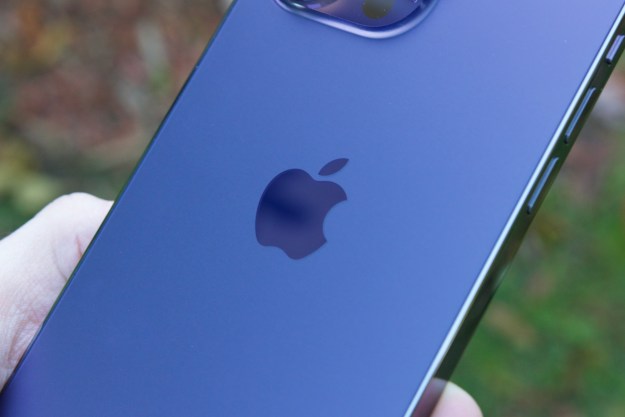
Apple’s new iPhone 15 handsets have been largely well received since their release on Friday, though one troubling issue has emerged with the pricier Pro versions of the device.
As reported by Digital Trends on Monday, some owners of the iPhone 15 Pro and iPhone 15 Pro Max have taken to online forums to express concerns that their new iPhone is heating up way beyond what seems normal, and certainly to a greater extent than their previous iPhone when performing the same or similar tasks.
Some have speculated that the issue is caused by the phone’s new A17 Pro chip, which is Apple and TSMC’s first 3nm processor. But high-profile analyst Ming-Chi Kuo, a man better known for sharing insider information on upcoming iPhone designs than comments on issues like this, claims the matter is probably due to factors such as Apple’s use of a titanium frame in the new Pro phones, which Kuo says affects thermal efficiency.
Writing in a Medium post on Tuesday, Kuo explained: “My survey indicates that the iPhone 15 Pro series overheating issues are unrelated to TSMC’s advanced 3nm node. The primary cause is more likely the compromises made in the thermal system design to achieve a lighter weight, such as the reduced heat dissipation area and the use of a titanium frame, which negatively impacts thermal efficiency.”
The analyst suggested that the tech giant will deal with the issue via software updates, but noted that if it goes too far then chip performance could be affected.
“It’s expected that Apple will address this through software updates, but improvements may be limited unless Apple lowers processor performance,” Kuo said, before warning that if Apple fails to properly address the issue, “it could negatively impact shipments over the product life cycle of the iPhone 15 Pro series.”
Apple has yet to publicly acknowledge what increasingly looks like a real issue for the iPhone 15 Pro and
The tech giant says on its website that it’s normal for an iPhone to heat up while performing certain tasks, for example, setting it up for the first time, restoring it from a backup, and streaming high-quality video. But forum comments indicate that there may be something more serious going on. Pressure is growing for Apple to confirm the situation soon.
Editors' Recommendations
- Nomad’s new iPhone case and Apple Watch band may be its coolest yet
- iPhone 16: news, rumored price, release date, and more
- iPhone SE 4: news, rumored price, release date, and more
- There’s a big problem with the iPhone’s Photos app
- Why you should buy the iPhone 15 Pro Max instead of the iPhone 15 Pro


